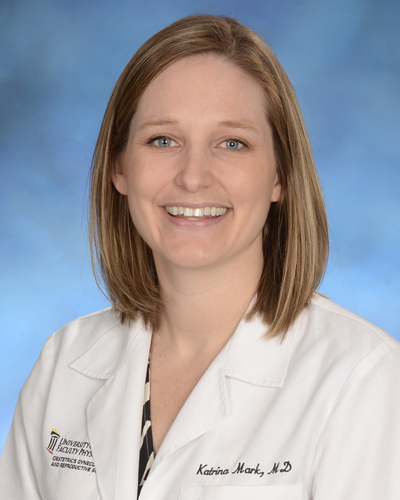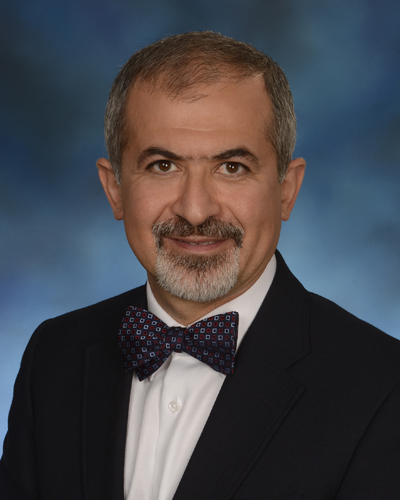
Albrecht Research
Dr. Eugene Albrecht’s laboratory focuses on the role of the placental hormonal milieu, particularly estrogen, in regulating primate maternal cardiovascular function, placental vascularization, and programming mechanisms in the fetus that promote cardiovascular and metabolic function after birth in the offspring.

Yang Research
Dr. Peixin Yang’s research focuses on the molecular mechanism(s) and potential therapeutic approaches of maternal diabetes-induced neural tube defects and cardiovascular defects in the offspring.

Burd Research
Our research centers on maternal infection and inflammation's impact on preterm birth and adverse neurological outcomes in offspring. Using mouse models of maternal inflammation, we've observed significant fetal brain injuries, emphasizing the role of the IL-1 beta pathway in maternal inflammation-induced perinatal brain injury.

Son Research
Dr. Junseok Son's lab focuses on the impact of maternal exercise, obesity and other physiological environments on fetal development and offspring metabolic health, emphasizing the epigenetic modifications linking nutrients and metabolites to stem/progenitor cells into myocytes/adipocytes.

Roque Research
Dr. Dana Roque's group focuses on understanding mechanisms of therapeutic resistance in gynecologic malignancies and the practical development of novel treatment strategies.

Mark Research
Dr. Katrina Mark's research and clinical interests center around the intersection of reproductive health and substance use/abuse.

Townsel Research
Dr. Townsel is investigating placental epigenetic regulation of fetal opioid exposure, racial and ethnic health disparities in maternity care, and substance use epidemiology in pregnancy.

Ozhan Turan Research
Ozhan Turan, MD, research focus is on the identification of abnormal placental development in-situ and the prevention of adverse maternal and fetal outcomes through the use of ultrasound imaging.

Shifa Turan Research
Shifa Turan, MD, research aim is to design a special imaging technology for the early diagnosis of congenital heart defects (CHD) in low-risk and high risk populations in order to further determine the molecular changes in the placenta and maternal blood to refine biomarkers of CHDs.
